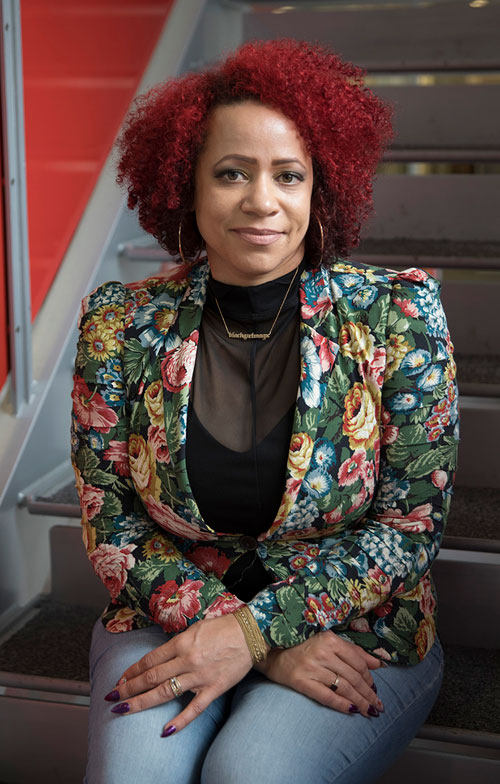Nikole Hannah-Jones
Pulitzer Prize-winning Investigative Journalist

When public health departments first began releasing racial data on COVID-19 infections and deaths, it came as no surprise to those of us who have studied this country’s history that Black Americans would suffer the worst. Of course an unprecedented global pandemic would hurt most those who have been living under a 400-year racial one. The long shadow of slavery forced black Americans disproportionately into the type of service jobs that made workers more vulnerable to infection, it created the segregated neighborhoods full of environmental toxins that make Black Americans sicker at earlier ages, it ensured Black Americans experience a lack of quality healthcare options, that they rely heavily on public transit and live the crowded conditions that make social distancing impossible. All of this racialized inequality built a dragnet of disadvantage leading to unparalleled Black suffering. COVID-19 did not create these inequalities. It magnified and laid bare the racial inequality that’s long been endemic in our cities but that we have again and again chosen to justify and ignore.
With millions of Americans now suffering the job losses and financial precariousness that have been the norm for Black America, we have seen a willingness to reconsider our stingy social safety net and a renewed understanding that government’s job is to support and uplift its citizens, particularly those who are struggling the most. The depth of Black suffering brought on by pandemic will be unprecedented in our lifetime. Already, more than half of Black adults are out of work. More than one in four Black adults have missed a mortgage or rent payment since the shutdowns. Black children are expected to lose 10 months of learning due to school shutdowns — the most of all groups. And that’s on top of Black Americans dying of Covid-19 at the highest rates. In the wake of George Floyd’s killing, hundreds of thousands of people have been marching in every state in the country to declare that Black Lives Matter. But Black lives cannot only matter in the rare occasions where a police encounter turns deadly. The changes we demand in this moment must be far greater, far bolder and far more transformative in all of the areas that rob Black Americans of all ages, but especially Black children, of the opportunity to take part in America’s bounty.
We, as a society, must not tolerate these immoral systems of structural and preventable disadvantage any longer. This moment of unprecedented protest and unprecedented national pain must lead to transformation of all the systems of inequities that we have too long tolerated. The racial and social economic inequality in this country was intentionally created. We put an inordinate amount of societal resources and money into creating it. That is disheartening but also reveals an important truth: That which has been created can be un-created. If you built it, you can tear it down and build something new. In this moment of potential transformation, where the societal rifts have forced us to question that which we have too long accepted, this Schott Foundation for Public Education 2020 Loving Cities Index provides a roadmap for us to reconstruct cities based on opportunity, dignity and equality. In this moment of potential transformation, we can defy the selfish ideology of scarcity and acknowledge that we have enough resources in this great country to take care of and support all of our citizens.
Inequality is a choice. It is time for us to make another. We can start here by getting at the root of it all. We can start by committing to build, for the first time in our history, a nation of Loving Cities.